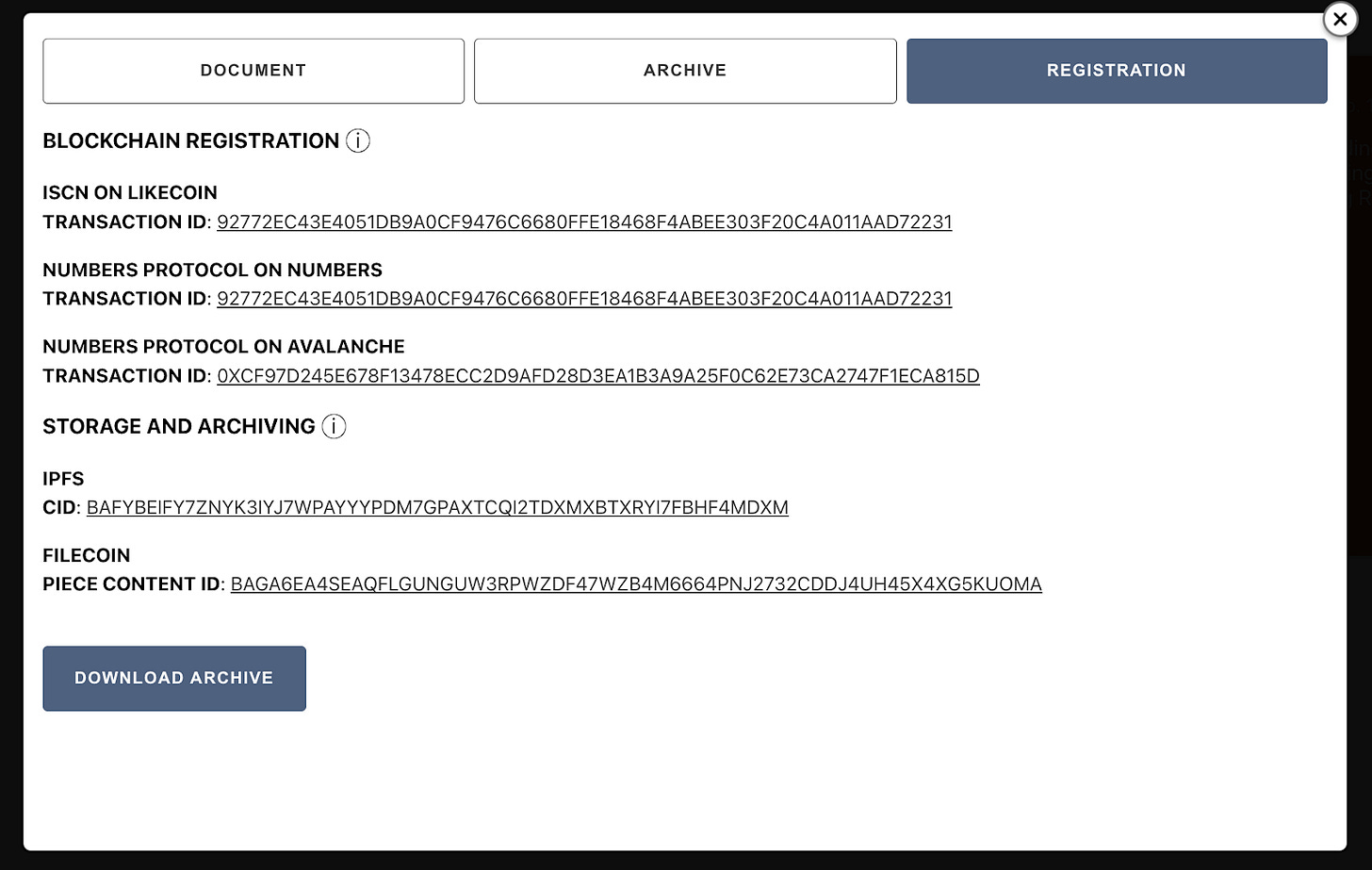As Society Confronts Racism, Decentralized Web Holds Officials Accountable
In response to the murder of George Floyd, many government agencies and leaders across California declared that racism is a “public health crisis.”
Now what?
It’s a question posed by the team at Black Voice News, which started tracking public records and statements made by officials – ranging from simple acknowledgement of the problem to more extensive commitments to provide funding and take measurable action in addressing the problem of racism as a public health crisis. All too often, these records are kept by singular, powerful organizations that can remove or modify the information at will – or charge users exorbitant fees. Vows made on social media posts can be deleted or entire accounts made private.
Black Voice News partnered with Starling Lab for Data Integrity (co-founded by Stanford University and USC Shoah Foundation) and Esri GIS Software for an ambitious project called Combatting Racism As A Public Health Crisis. The result is an authenticated archive, published on Nov. 15, that set out to preserve over 350 web pages from government sites and public platforms. It also displays data to track these commitments and help investigators to hold leaders and organizations accountable for pledges made to take action against systemic inequality. Even in the first few months of building the project, several of these pages on the live web had disappeared before they could be preserved. This demonstrated a clear need in our modern digital world: properly save original pages and overcome the phenomenon commonly called “linkrot.”
Information disappearing from the internet is a pervasive issue. Studies have shown as many as 70% of URLs in Supreme Court opinions stopped pointing to the intended web pages, and at one time at least a quarter of deeplinks in New York Times articles appeared to be broken.
“As a journalist, it’s dismaying to see so many news organizations close and with them, their archives,” noted Ann Grimes, director of journalism fellowships at Starling Lab. “The problem extends to social media – where tweets often disappear or are deleted. Embeds from social media can be taken down at any time, as they are hosted by the website or company that originally published them.”
Starling Lab Product Lead Lindsay Walker wrote a technical summary explaining how decentralized storage and authentication technologies were used to create the web archive. More than a simple screenshot, these are verifiable and immutable records. Several cutting-edge tools and protocols were implemented, including Webrecorder, IPFS, Filecoin, Numbers, Avalanche, Likecoin, and OpenTimestamps.
Black Voice News reporter Breanna Reeves produced a four-part series exploring the broader issue of holding leaders accountable for their commitments to address racism, followed by regional coverage specific to Santa Cruz County, Oakland, and Riverside and San Bernardino Counties.
The collaboration was overseen by Starling Lab Fellow and Black Voice News publisher Paulette Brown-Hinds as part of her publication’s work on Mapping Black California. Project Manager Alex Reed and Project Director Candice Mays combined extensive research with analysis to create a tool that surfaces a comprehensive collection of data about commitments made to the cause of combating racism across the state.
“Whenever a racially motivated trauma occurs in Black communities, the government frequently makes declarations of empty promises,” said Mays. “The intent behind the Combating Racism platform is to ensure that this is not the case with racism as a public health crisis declarations in the state of California.”
This accountability tool makes the oversight, monitoring, analysis, and reporting on the progression of commitments and declarations made by governing organizations possible, and provides important aggregation and analysis of data from across the state.
The site was built in collaboration with Joe Allen and Josh Peterson at Esri, which provided generous support for the project, and Giacomo Boscaini-Gilroy who developed the component for web archive displays
The project was unveiled during a kickoff event held online on during International GIS Day, celebrating work using geographic information systems. Mapping Black California is pioneering solutions using GIS investigative tools and displays as part of their data journalism initiatives.
All involved hope that Combatting Racism As A Public Health Crisis is only the start of this effort by journalists to follow up on the larger social issues. During the event, Black Voice News invited other publishers to work with them to use the database and report on official follow ups in their own communities. Journalists interested in participating should contact Candice Mays by emailing candice [at] voicemediaventures.com.



